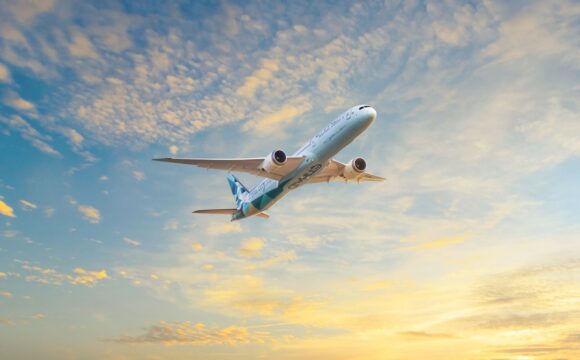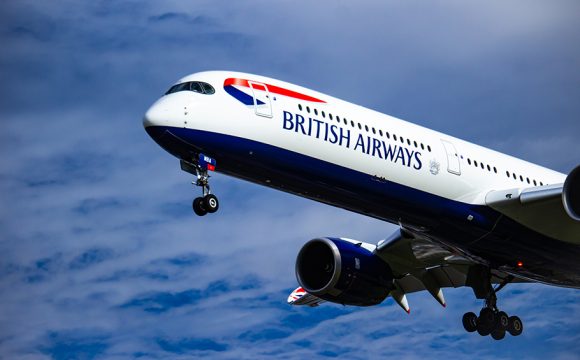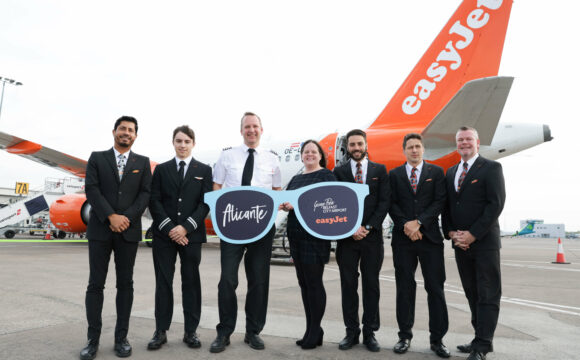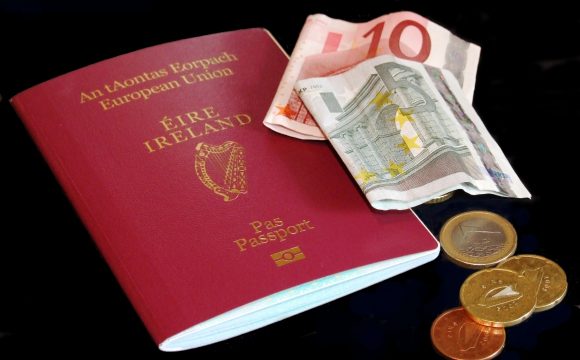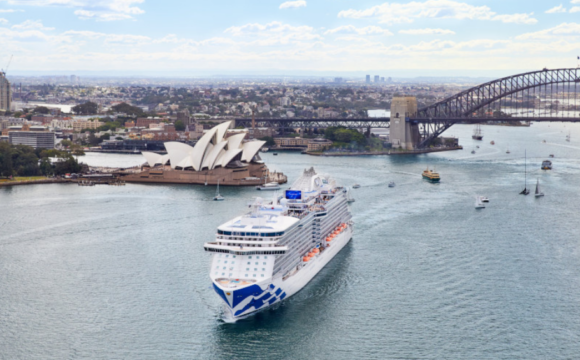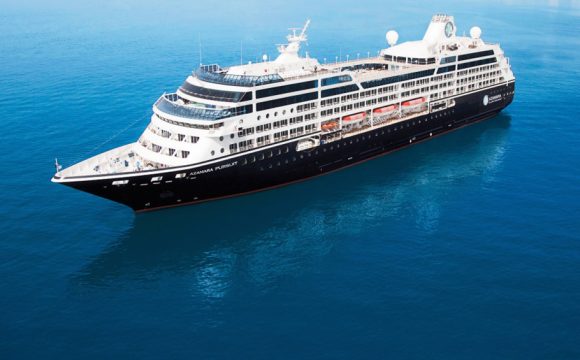The UK Civil Aviation Authority (CAA) has published its latest UK Aviation Consumer Survey, which shows overall satisfaction is high, but has fallen since 2016.
The findings from this latest survey, the seventh carried out over the last three and a half years, show recent flyers (those who have flown in the last year) from the North East of England were most likely to be satisfied with the overall travel experience. The survey discovered 90 per cent of passengers from the region were satisfied with their overall travel experience.
Passengers from Northern Ireland were the least content, with only 67 per cent of recent flyers declaring satisfaction with their journey. Travellers from the South West were also less satisfied than the national average, with a 76 per cent satisfaction approval rating.
Other regions to score well in the survey included Yorkshire and Humber, and the East Midlands, with 85 per cent of recent air passengers from each region expressing satisfaction with their flying experience.
The national average satisfaction rate was 81 per cent – consistent with the 82 percent reported in the previous survey, conducted in autumn 2018. When the survey was first undertaken in 2016, satisfaction was recorded at 90%.
Reasons for dissatisfaction include poor handling of complaints by airlines and airports; the lack of communication and information provided by airlines when flights are delayed; and, the lack of accessibility for passengers with reduced mobility.
The research also reveals a gradual but equally consistent rise in respondents’ level of awareness of the environmental impact of flying, and their willingness to pay more to reduce that impact.
These findings will help to inform the CAA’s ongoing work to improve aviation for those who fly and those who do not – alongside the development of the government’s Aviation 2050 strategy.
Commenting, Tim Johnson, Policy Director at the Civil Aviation Authority, said: “Our research helps us to understand people’s views of flying, allowing us to target our work to make aviation better.
“The numbers show a positive story overall, but it is important for the industry to continue to work to improve areas where consumers are less happy, including complaint handling, transparency and provision for those who benefit from more support. These are particular areas where we support the Government’s proposals in its Aviation 2050 strategy to make improvements for consumers.
“The research also revealed that an increasing proportion of consumers are aware of and are considering the environmental impact of flying. This will be an important issue for passengers, the Government and the industry to consider in the context of the UK’s commitment to net zero carbon by 2050.”
Despite the high level of satisfaction expressed by airline passengers, the results of the survey highlight specific elements of the passenger experience that could be improved, such as complaint handling, provision for people with disabilities, and information about booking and terms and conditions. Specifically, the results show that:
Only 56 per cent of recent flyers who made a complaint to an airport or airline were satisfied with how it was handled.
56 per cent of those who describe themselves as having a disability or health condition said that this made accessing and using airports or flying difficult.
Only 54 per cent of UK adults said they found it easy to understand and compare the cost of traveling with different airlines – and only 52 per cent find it easy to find and compare other important information
Meanwhile, 69 per cent of UK adults agreed that they had ‘confidence in the safety of airlines and airports’, with only 9 per cent disagreeing.
The proportion of those surveyed saying they think about the impact of flying on the environment has risen from one fifth (21%) in Autumn 2016 to three in ten (31%). There has been a similar rise in the proportion of UK adults saying they would be willing to pay more to reduce the environmental impact of flying (31%, up from 22% in Autumn 2016)


